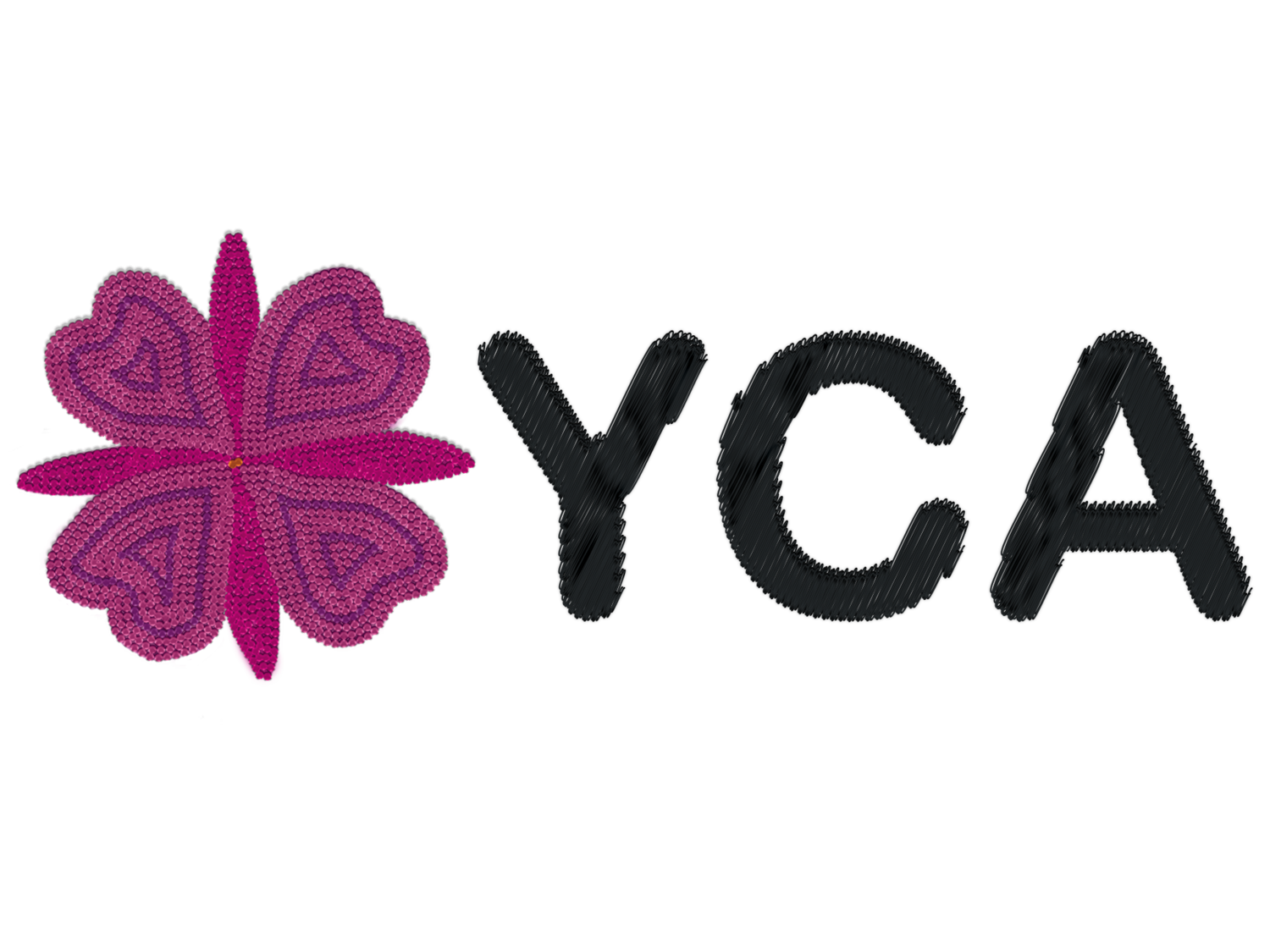What is OCAP®?
The First Nations principles of OCAP® are a set of standards that establish how First Nations data should be collected, protected, used, or shared. They are the de facto standard for how to conduct research with First Nations.
Standing for ownership, control, access and possession, OCAP® asserts that First Nations have control over data collection processes in their communities, and that they own and control how this information can be used.
What do the four “OCAP®” principles mean?
There are four components of OCAP®: Ownership, Control, Access and Possession.
